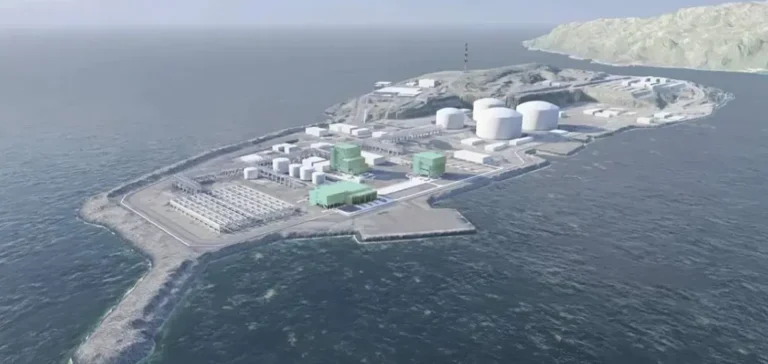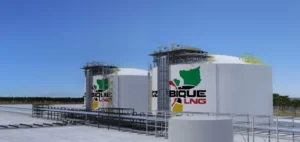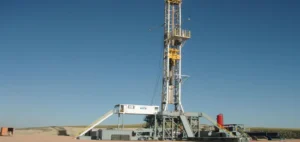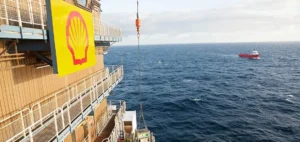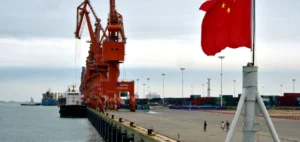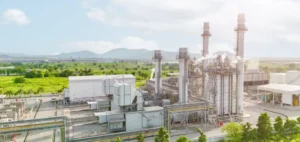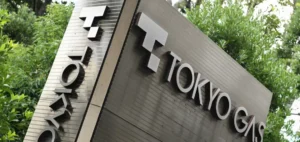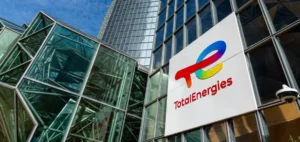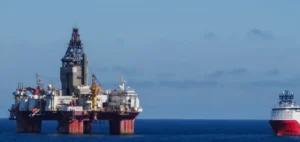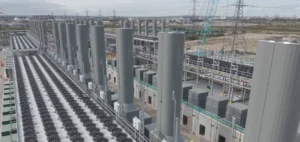The Hammerfest liquefied natural gas (LNG) terminal, located in Arctic Norway and operated by Equinor, resumed operations after a scheduled maintenance period lasting more than three months. This site, also known as Melkoeya LNG, is the largest LNG export facility in Europe and holds a strategic role in directing Norwegian gas to international markets.
Impact on supply security in Europe
Production at the plant was halted on 22 April for planned maintenance, including the completion of technical inspections and the replacement of several pieces of equipment. The site’s restart, confirmed by an Equinor spokesperson, restores a major supply source as European demand for liquefied natural gas remains high. Hammerfest LNG has an annual export capacity of around 6.5mn tonnes of LNG, representing a significant volume for the region.
Maintenance work at the site included inspection of the liquefaction chain, verification of industrial safety systems, and upgrades to storage infrastructure. The resumption of activity comes as Europe aims to reinforce the stability of its energy deliveries while diversifying its import sources.
Industrial and logistical challenges for the sector
The reactivation of the Hammerfest LNG terminal is expected to enhance the flexibility of LNG flows to European clients, amid energy market volatility. Norway remains one of the main exporters of natural gas to the European Union, offering an alternative to traditional pipeline supplies.
An Equinor spokesperson stated that all steps in the restart process were conducted according to industry standards. The Melkoeya LNG site, operational since 2007, handles the liquefaction and shipment of gas from the offshore Snøhvit field in the Barents Sea. The facility employs several hundred people and operates year-round despite extreme weather conditions.
The prolonged shutdown of Hammerfest LNG led to logistical adjustments at European import terminals, which now benefit from the return of this additional capacity. According to industry data, the restart of the Norwegian terminal is expected to help stabilise the European LNG market in the coming weeks.


